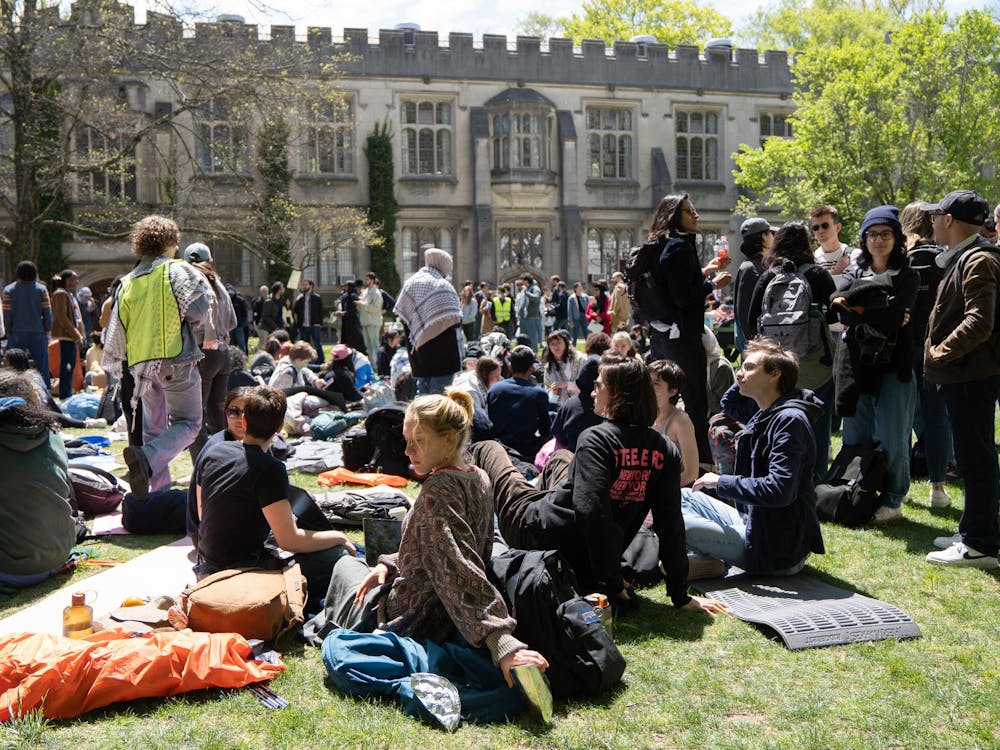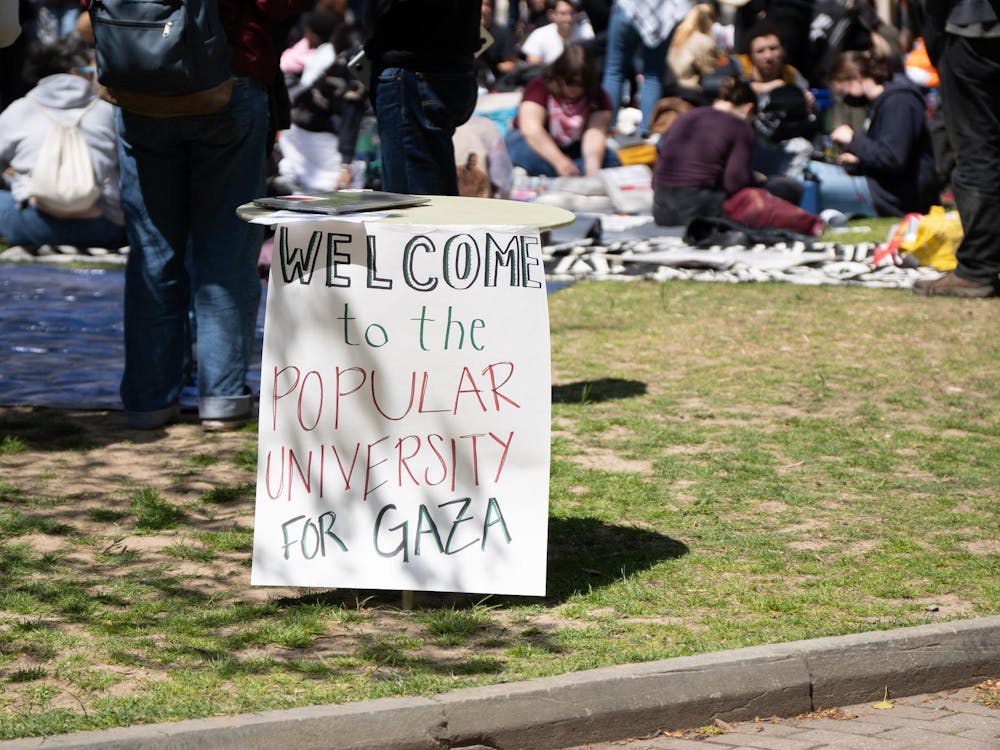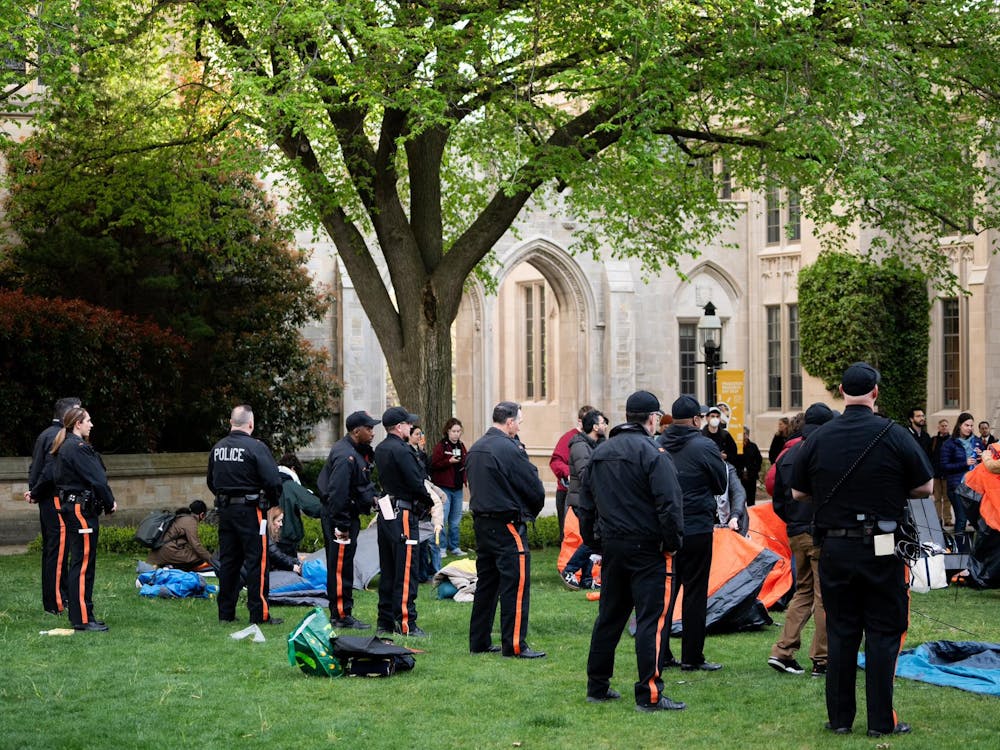With the start of February, many of you may recall that this month is deemed “Black History Month.” This is perhaps one of the more controversial annual observances, especially when compared to others such as Women’s History Month in March or National Hispanic Heritage Month during September and October. We may trace the controversy to several sources, including the White-Black racial dichotomy we often find ourselves within, the month’s long-established roots and the tumultuous experience of Black people in the United States since 1620. With these possibilities in mind, it seems that every year the onus is placed on the Black community to prove why Black History Month should have a place on our calendars.
One of the more recent and salient instances related to this issue is that of Stacey Dash’s interview on Fox News. In the interview, which was spurred by the lack of diversity among Oscar winners, the actress agreed that there should be no Black History Month if there is no White History Month. This of course is not a unique opinion; on my own Facebook and Twitter newsfeeds, I witness such arguments presented every February, by both white and Black people. They range from a focus on the obsolescence of such a month to the fact that Black history should simply not be relegated to one month — it should be celebrated throughout the year rather than “segregated” from the American story. As Morgan Freeman said, “Black history is American history.”
While most of us would love if the histories of marginalized people such as Black people, Native Americans and Hispanics were extensively remembered by mainstream American history, unfortunately the aforementioned groups are rarely honored with the recognition that they deserve. To argue that these kinds of annual celebrations should cease to exist at all reveals an ahistorical lens from the debater. That is, until we as a nation recognize the historical and lingering underrepresentation of groups such as African Americans, such annual celebrations must remain. These celebrations also serve a cultural purpose to the communities themselves, allowing the underrepresented groups to learn about and commemorate their culture in ways in which they are unaccustomed.
However, more than that, each of us must ask ourselves how we are part of a system that necessitates a Black History Month at all. For me, “Black History” was rarely ever taught as anything more than something that began with slavery and was followed by Emancipation, Rosa Parks’ refusal to give up her seat and Martin Luther King Jr.’s dream, seemingly halted by his assassination. My own background as a Black woman spurs me to do my own research outside of school textbooks. I say this not to imbue myself with a sense of self-importance, but rather to highlight the defects in standard school curricula when it comes to Black history. The rudimentary Black history education many Americans may receive in primary and secondary schools can help explain why many oppose the idea of a diversity requirement for University students. The whitewashed nature of Black history education and other underrepresented narratives potentially lends itself to apathy rather than a desire to learn more. Certain historical details, such as the estimated two million Africans who died during the Middle Passage or the destruction of “Black Wall Street” by Ku Klux Klan members, are not often palatable. Even more difficult to grasp are the nuances within the “Black history” category and what exactly is included. If our seventh-grade teachers fail to provide the dirty details of American history, what incentives do many of us have to dig deeper once we enter college?
In response to what Ta-Nehisi Coates calls a “legacy [that] aspires to the shackling of black bodies” among other such prevailing atrocities, Black History Month stands as a bastion of the need to recognize the humanity and rousing history of those whom many would rather forget. Rather than turn an ahistorical eye, let us use what happens to be the shortest month of the year as a time to open our minds about these neglected histories and to remember them for the other eleven months.
Imani Thornton is a sophomore from Matteson, Ill. She can be reached at it4@princeton.edu.








